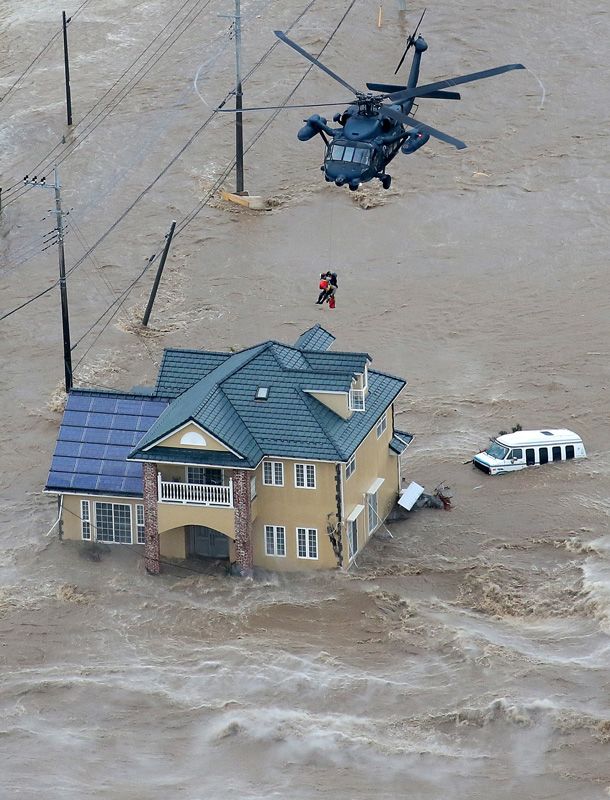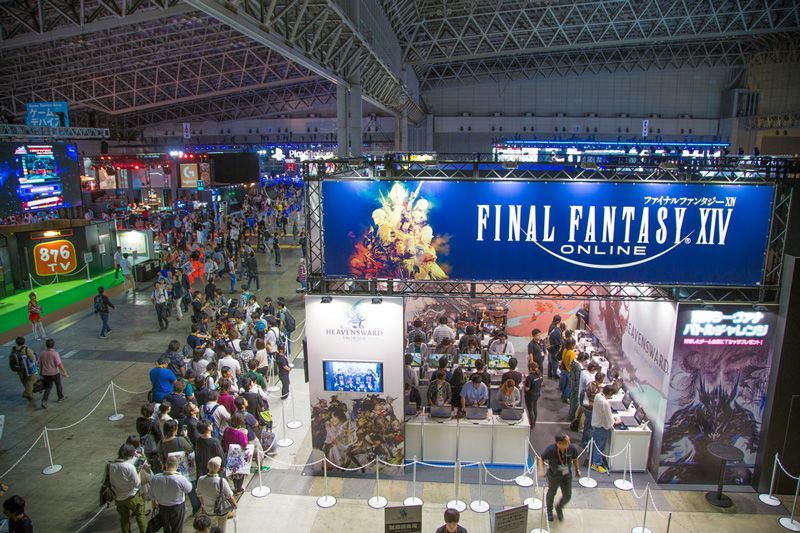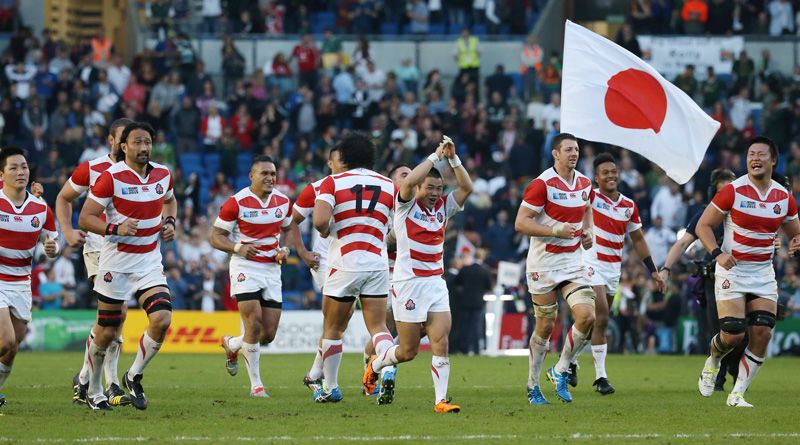Timeline for September 2015
Politics Economy Science Technology Society- English
- 日本語
- 简体字
- 繁體字
- Français
- Español
- العربية
- Русский
1
The organizing committee for the 2020 Tokyo Olympics decides to scrap the official logo after allegations of similarities to the logo for the Théâtre de Liège in Belgium. The abandoned logo, which was designed by Sano Kenjirō, was unveiled in July.
Netflix, the world’s largest video streaming service, launches in Japan. The US giant is charging monthly fees in Japan starting at ¥650 (before tax), compared with from $7.99 (around ¥960) in the United States, due in part to the currently low take-up of cable and other paid services in the new market.
3
The dolphin hunting season begins in Taiji, Wakayama Prefecture. The first hunt takes place since the May decision by the Japan Association of Zoos and Aquariums to ban its members from buying dolphins caught during the Taiji hunt. Boats fail to capture any animals on the first day.
7
Talks held since August 10 between the Japanese government and Okinawa Prefecture over the relocation of the US Marine Corps Air Station Futenma from Ginowan to Henoko conclude unsuccessfully. On September 12, the government restarts construction at Henoko. On September 14, Okinawa Governor Onaga Takeshi officially announces he will revoke permits for Henoko landfill work.
Toshiba belatedly posts an annual loss of ¥37.8 billion for the year to March 2015 following a scandal over inflated earnings. The company also announces downward revisions to figures for the years ending March 2009 to March 2014, as well as the first three quarters of the following year, and says that it overstated pretax profit by ¥224.8 billion.
8
Prime Minister Abe Shinzō wins a new three-year term as the leader of the Liberal Democratic Party in an uncontested election. Noda Seiko, former chair of the LDP General Council, expressed an interest in running, but was unable to get the required endorsements from 20 other LDP legislators.
10
 A Self-Defense Forces helicopter rescuing people from a house in Jōsō, Ibaraki Prefecture, on September 10, 2015. (© Jiji)
A Self-Defense Forces helicopter rescuing people from a house in Jōsō, Ibaraki Prefecture, on September 10, 2015. (© Jiji)
Seven people are killed and 53,000 are ordered to evacuate from their homes in Ibaraki, Tochigi, and Chiba Prefectures as record-breaking heavy rain hits the greater Tokyo region and Tōhoku. Although weakened from typhoon strength, Tropical Storm Etau contributes to downpours that lead to flooding along 64 rivers and the bursting of embankments at 19 locations on 14 rivers, including most seriously in the city of Jōsō, Ibaraki Prefecture.
14
Mount Aso in Kumamoto Prefecture erupts. The Japan Meteorological Agency raises its alert from two (do not approach the crater) to three (do not approach the volcano) on its five-point scale, putting off limits an area within around 4.5 kilometers of the crater. A smoke plume rises 2 kilometers into the sky above the peak.
15
Prime Minister Abe holds talks with Vietnam’s General Secretary of the Communist Party Nguyen Phu Trong in Tokyo. In a joint statement, the leaders express their “serious concerns” over Chinese island-building activities and military base construction in the South China Sea. Japan agrees to provide more ships to be used as patrol vessels to boost Vietnamese maritime security capabilities.
16
US ratings agency Standard & Poor’s downgrades Japan’s credit rating from AA– to A+ due to doubts over the country’s economic recovery and Abenomics revival strategies. Japan is now one level below China and South Korea, which are both rated at AA–.
The Japan Tourism Agency announces that more than 13.42 million foreign tourists visited Japan between January 1 and September 10, 2015, topping the record-breaking total of 13.41 million for the whole of 2014. The total number of foreign tourists for 2015 is expected to reach 19 million.
17
The Tokyo Game Show kicks off in Chiba’s Makuhari Messe. A record 480 companies and organizations participate, including 246 from outside Japan, and more than 260,000 visitors attend through the show’s end on September 20.
 Crowds of visitors enjoying the Tokyo Game Show at Makuhari Messe in Chiba on September 18, 2015.
Crowds of visitors enjoying the Tokyo Game Show at Makuhari Messe in Chiba on September 18, 2015.
19
The governing coalition in the House of Councillors wins a majority vote to pass security legislation that would allow Japan to exercise the right of collective self-defense. With some criticizing the move on the grounds that sending Self-Defense Forces overseas to engage in military action is a violation of the Constitution, protests take place around the Diet and elsewhere.
In one of the biggest upsets in rugby history, Japan defeats two-time tournament champions South Africa 34–32 in its first match at the Rugby World Cup in England.
 Japanese players celebrating after their historic victory over South Africa in Brighton, Britain, on September 19, 2015. (© Jiji)
Japanese players celebrating after their historic victory over South Africa in Brighton, Britain, on September 19, 2015. (© Jiji)
21
Foreign Minister Kishida Fumio has his first meeting in one year and seven months with Russian Foreign Minister Sergei Lavrov in Moscow. They agree to hold a further meeting in October to move forward with efforts to conclude a formal peace treaty officially ending World War II hostilities. Kishida says that they had “in-depth discussions” regarding the disputed Northern Territories, but Lavrov denies this.25
The Ministry of Internal Affairs and Communications announces that the consumer price index for August fell 0.1% from a year earlier. The first decline since the Bank of Japan began major monetary easing in April 2013 was due in large part to falling oil prices.28
Prime Minister Abe meets with Russian President Vladimir Putin in New York. They discuss a peace treaty, but make little progress. Japanese media sources indicate that Putin makes no mention of “territorial issues” regarding the Northern territories. Although the two leaders agree to continue dialogue, no decision is made on a date for a future Japanese visit by Putin.29
In a speech at the United Nations General Assembly, Prime Minister Abe pledges greater financial support for refugees and internally displaced people in Syria and Iraq, announcing that Japan will extend $810 million in assistance during 2015. He also states that Japan will provide $750 million to help build peace across the Middle East and Africa.tourism disaster Liberal Democratic Party Russia LDP Northern Territories rugby Tokyo Game Show security legislation logo Olympic Taiji flooding